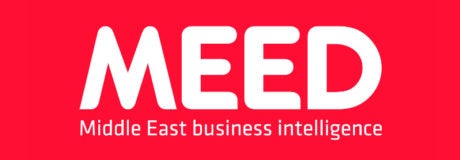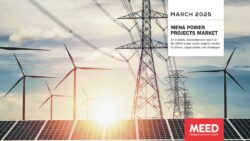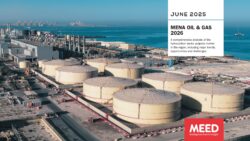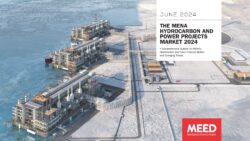Description
While the Covid-19 pandemic has damaged prospects across many of the region’s traditional business sectors, it has boosted the outlook for water and wastewater investment in the Middle East and North Africa.
In a region characterised by a lack of rivers, lakes and rainfall, water security has long been a priority, but the pandemic has refocused Middle East states on the vital importance of water security.
GCC water demand is set to rise by about 62 per cent by 2025. Demand growth on this scale necessitates significant capital investment in new capacity. Such investment is happening. About $80bn-worth of water and wastewater projects are currently planned or underway across the GCC. Governments are backing large-scale strategic investment programmes to increase water production and storage capacity, to expand wastewater and sewage treatment capacity, and to modernise dilapidated water transmission and distribution networks.
Already established in the desalination sector, the PPP model is growing in importance in sewage treatment, transmission and storage.
Middle East Water 2021 is the latest premium market intelligence report from MEED, the world’s leading provider of Middle East business intelligence.
It provides a comprehensive snapshot of the growing business and project opportunities in the Middle East’s water and wastewater sector.
Using exclusive data from MEED’s project tracking database MEED Projects. Middle East Water 2021 provides a detailed review of investment plans across the region, and it assesses the impact of the Covid-19 pandemic on the market, along with other commercial and technological challenges.
Middle East Water 2021 is a high-value asset for anyone doing business in Middle East water.




